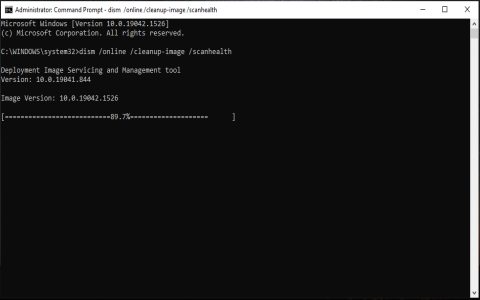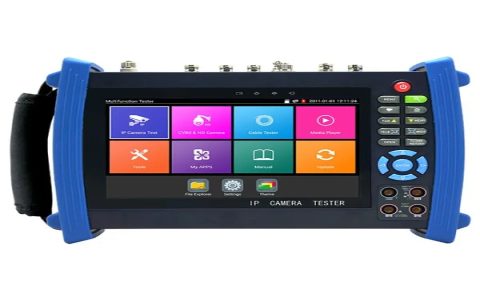Accessing System Options with Ctrl+Alt+Delete
The functionality often referred to as the "Windows Security button" is activated by pressing the Ctrl+Alt+Delete key combination. Pressing these keys simultaneously brings up the Windows Security screen (or a similar options screen on modern Windows versions), providing access to several critical system functions.
Common Options Available:
- Lock: This option locks your computer immediately, requiring your password to regain access. It is useful for securing your session when you step away from your PC.
- Switch user: Allows another user to log in with their account without you needing to log out. Your applications and files remain open in your session in the background.
- Sign out: This logs you out of your current Windows account, closing all running applications and processes associated with your session.
- Change a password: Provides a direct way to change your current account password, assuming password change is permitted by system policies.
- Task Manager: Opens the Task Manager utility. This is crucial for viewing currently running applications, background processes, and system performance. It allows you to force-quit unresponsive programs.
Primary Uses for Ctrl+Alt+Delete:
- Resolving Unresponsive Systems: When your computer freezes or an application stops responding, Ctrl+Alt+Delete is often the first step to access the Task Manager to terminate the misbehaving program.
- Quick Security and Session Management: It offers a fast way to lock your computer, sign out, or switch to another user account.
- Secure Attention Sequence: Historically, this combination ensures that you are communicating directly with the Windows operating system for login, preventing spoofing attempts.
While there isn't a dedicated physical "Windows Security button" on most keyboards, the Ctrl+Alt+Delete sequence serves this vital role for system control and security operations.









